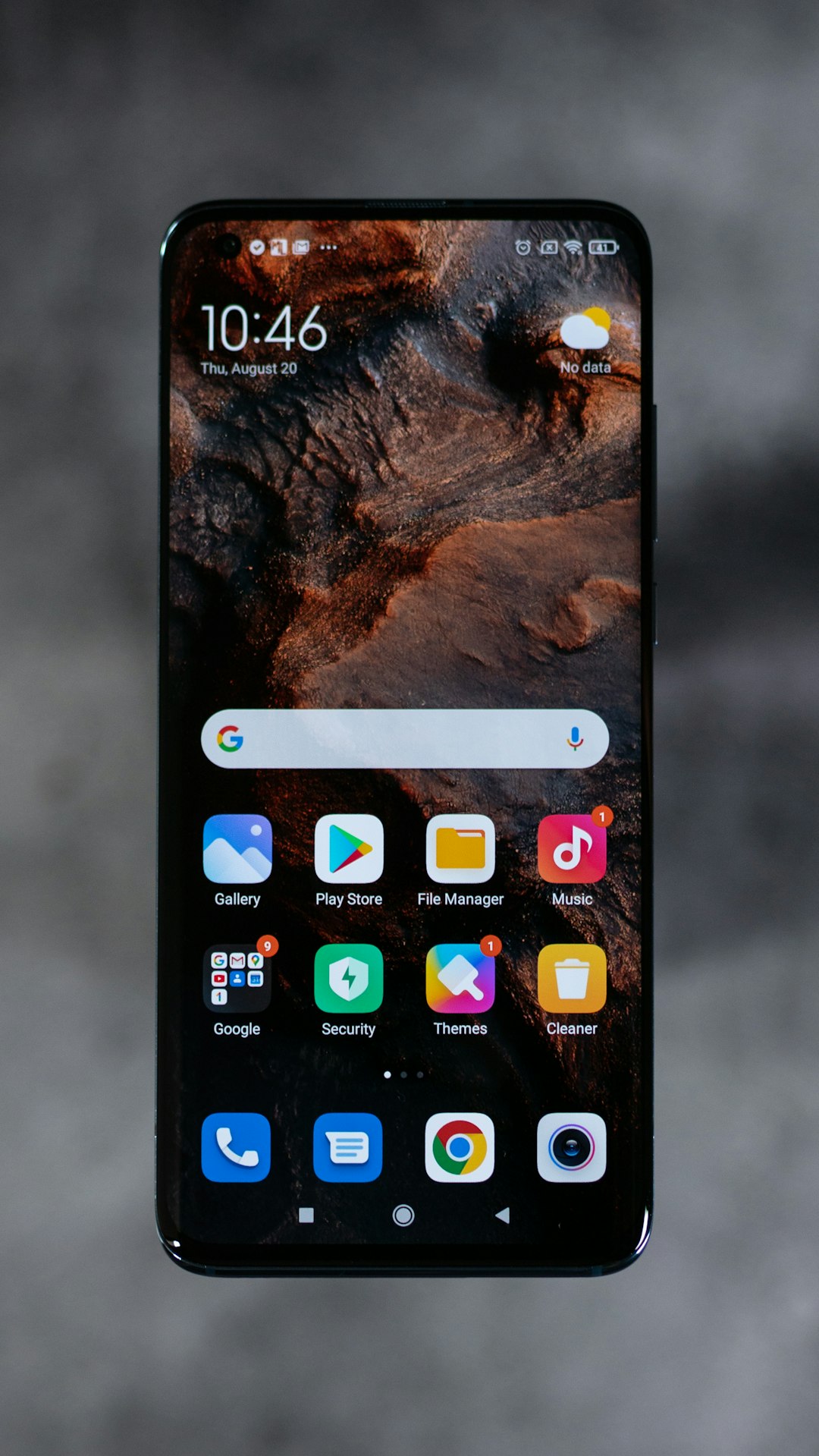Robocalls and spam texts from robocall lawyers and unscrupulous businesses are a growing nuisance in Florida, disrupting daily life with aggressive marketing tactics. Residents can protect themselves by registering for "Do Not Call" lists, familiarizing themselves with Florida's consumer protection laws, and blocking calls using service provider tools and anti-spam software. Strict laws like the Telephone Consumer Protection Act (TCPA) regulate automated communications, and the Florida Attorney General's Office actively investigates violators. Robocall lawyers in Florida specialize in enforcing these rules, guiding individuals and businesses on their rights, and taking legal action against persistent spammers, ultimately reducing the nuisance of robocalls.
Florida residents are increasingly plagued by spam texts and robocalls, leading to a growing concern over privacy and safety. This article delves into the rising issue of automated calls and text messages across the state, examining their impact on daily life. We explore legal frameworks designed to combat these intruders and offer practical strategies for prevention and protection. Additionally, we highlight the crucial role that robocall lawyers in Florida play in safeguarding residents’ rights.
Understanding Robocalls and Spam Texts in Florida

Robocalls and spam texts have become a persistent problem for Florida residents, often disrupting daily life and causing significant annoyance. These automated calls and messages are typically generated by robocall lawyers or unscrupulous businesses seeking to advertise their services or sell products. In Florida, as in many states, there are laws in place to protect consumers from these unwanted intrusions, including restrictions on when and how such calls can be made.
Understanding the nature of these spam texts and robocalls is crucial for residents to know their rights and take appropriate action. Robocall lawyers, for instance, often employ aggressive tactics to gain new clients, utilizing repetitive and unsolicited calls that many find harassing. Florida residents have the right to register their phone numbers on “Do Not Call” lists, which can significantly reduce such calls. Additionally, familiarizing oneself with local consumer protection laws regarding spam texts and robocalls empowers individuals to take legal action if their rights are violated.
The Impact on Florida Residents: A Growing Concern

In recent years, the influx of spam texts and robocalls has become a growing concern for Florida residents. These relentless automated calls and messages, often promoting unnecessary services or containing phishing attempts, have invaded the personal space of Floridians, disrupting their daily lives. Many recipients report feeling harassed and frustrated by the sheer volume and frequency of these unwanted communications.
The impact extends beyond mere annoyance. Robocalls and spam texts can be a significant nuisance, leading to wasted time and energy as individuals attempt to block or avoid these calls. Moreover, they pose security risks, as some robocalls may contain malicious links or instructions designed to cheat or harm recipients. With the rise of sophisticated scamming techniques, Florida residents need protection, especially from robocall lawyers who can offer guidance and legal recourse against these persistent intruders.
Legal Frameworks to Combat Robocallers

In Florida, as in many other states, there are stringent legal frameworks designed to combat robocallers and protect residents from spam texts. The Telephone Consumer Protection Act (TCPA) is a federal law that imposes significant restrictions on automated phone calls and text messages for marketing purposes. Robocall lawyers in Florida play a crucial role in ensuring these laws are enforced. They help individuals and businesses understand their rights under the TCPA and take legal action against violators.
The Florida Attorney General’s Office actively enforces state and federal laws related to robocalls, and residents can file complaints if they believe they’ve received unlawful spam texts or calls. Additionally, local and federal law enforcement agencies collaborate to investigate and prosecute individuals and companies involved in illegal robocall activities. This coordinated effort underscores the commitment to protect Florida residents from intrusive and unwanted communication practices.
Strategies for Prevention and Protection

In the battle against spam texts and robocalls, Florida residents have several powerful tools at their disposal. One effective strategy is to register for the National Do Not Call Registry, which restricts telemarketers from contacting numbers listed on it. Additionally, many phone service providers offer advanced call-blocking features that can filter out unwanted calls. Utilizing robust anti-spam software and keeping operating systems and apps updated is another layer of defense against robocall lawyers Florida residents might encounter.
Educating oneself about common scamming tactics and staying vigilant is crucial. Being cautious when sharing personal information online or over the phone, verifying unknown numbers before answering, and reporting suspicious calls to relevant authorities can significantly contribute to individual protection. Collaboratively, these prevention methods empower Floridians to reclaim their peace of mind in an era dominated by persistent digital intrusions.
Role of Robocall Lawyers in Florida

In the ongoing battle against spam texts and robocalls, robocall lawyers in Florida play a pivotal role. These legal professionals are equipped to navigate complex telecom regulations and consumer protection laws, ensuring that businesses adhere to strict guidelines when making automated calls. By specializing in this area, they help protect Florida residents from unwanted and fraudulent robocalls, safeguarding their privacy and peace of mind.
Robocall lawyers in Florida offer a range of services, including counseling businesses on compliant calling practices, investigating complaints, and pursuing legal action against persistent violators. Their expertise enables them to educate both consumers and companies, fostering a culture of responsible telemarketing. Through litigation and advocacy, these lawyers strive to hold accountable those who misuse automated calls, ultimately reducing the inundation of spam texts and robocalls that can disrupt residents’ daily lives.






